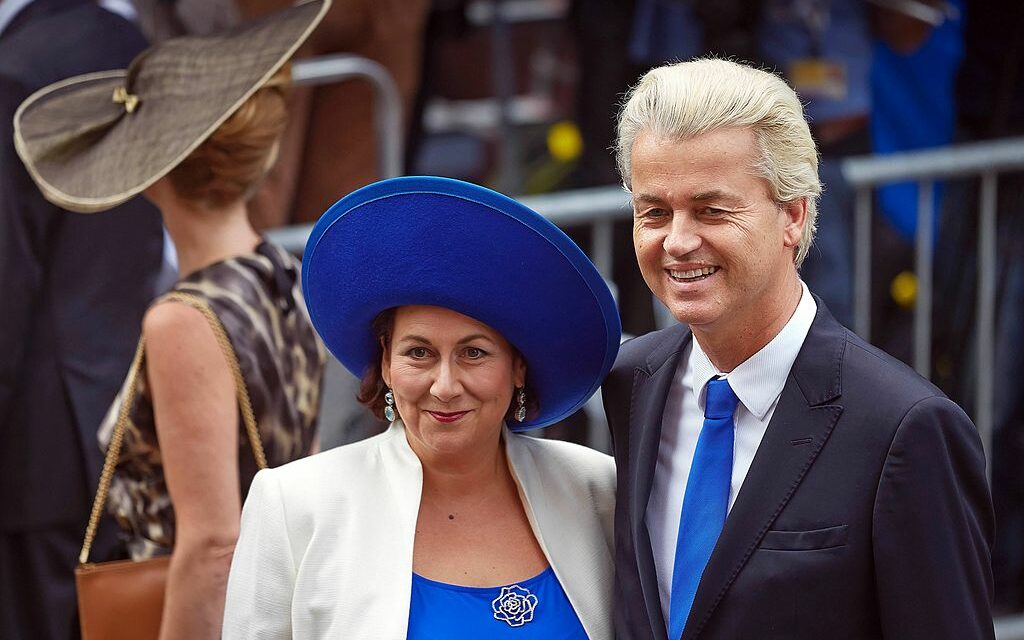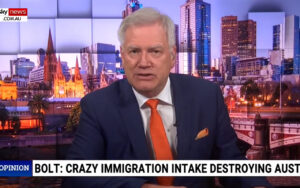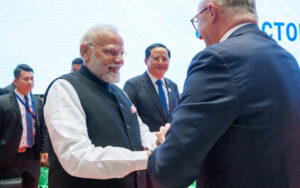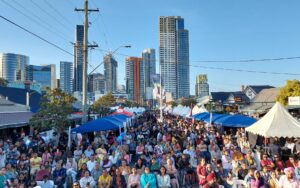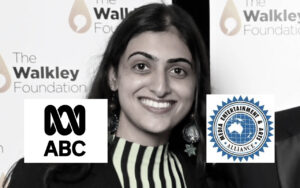Dutch election winner Geert Wilders has abandoned his proposal for a ban on mosques, the Quran, and full-face Islamic veils.
Wilders made the concession ahead of talks to form the Netherlands’ next government, as Wilders seeks to enter into a coalition with three other parties – the centre-right People’s Party for Freedom and Democracy, the right-wing populist Farmer Citizen Movement, and the anti-establishment New Social Contract party.
Wilders, who has often been labelled “far-right” but describes himself as a “right-wing liberal”, had proposed the “Islamic expressions” legislation in 2018, but it failed to pass the lower house.
The bill labelled Islam “violent and totalitarian” and proposed the prohibition of mosques, Islamic schools, the Quran, and the burqa and niqab.
Wilder’s right-wing nationalist Party for Freedom won 37 out of 150 seats in the Dutch parliament in November’s election, becoming the largest party for the first time.
He immediately suggested he might soften the anti-Islamic positions he has held for decades, but which critics have called unconstitutional.
“Sometimes I will have to withdraw proposals and I will do that,” Wilders said in a post-election parliamentary debate.
“I will show the Netherlands … that we will adapt our rules to the constitution and bring our proposals in line with it.”
The backflip comes after Wilders’ strong condemnation of Hamas’ October 7 attacks on Israel. He displayed an Israeli flag his office afterwards, advocates moving the Dutch embassy in Israel to Jerusalem, and shutting the diplomatic post on the West Bank.
Wilders is set to become the longest-serving Dutch politician later this year, having sat in the House of Representatives since 1998.
